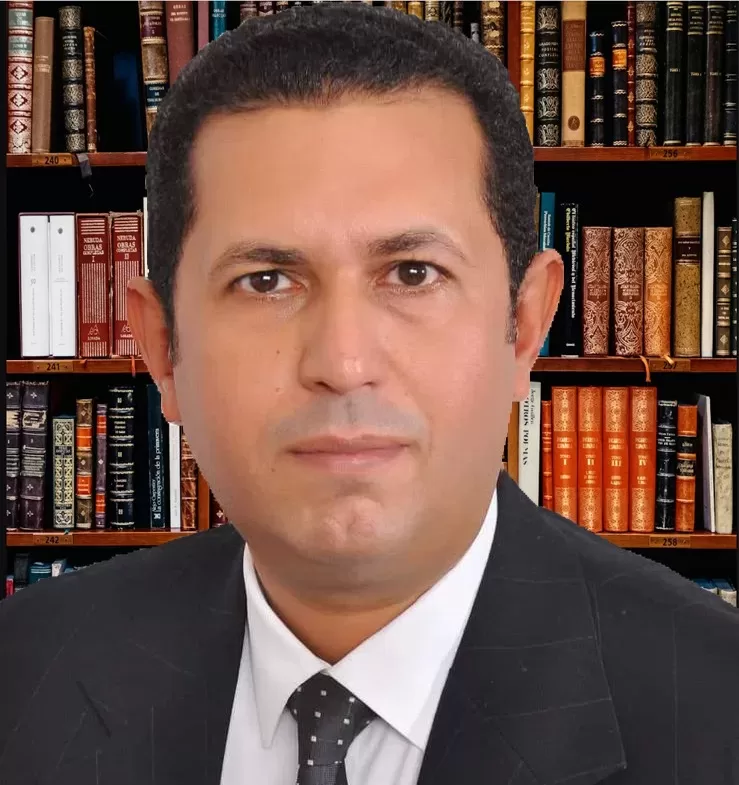
A digital future for all Egyptians
President Abdel Fattah El Sisi’s recent call for Egyptian youth and families to prioritize education aligned with the evolving digital labour market marks a pivotal moment in Egypt’s socio-economic trajectory.
His remarks, made during a high-level meeting with Minister of Communications and Information Technology, Amr Talaat, and the director of the Egyptian Military Academy, signal a clear and urgent direction: the future belongs to the digitally skilled and Egypt must be ready.
The spotlight of this strategy is the ambitious Digital Pioneers initiative, designed not just as a training programme, but as a nationwide platform to democratize access to the digital economy.
It is a bold and timely step that seeks to bridge the gap between traditional education and the demands of the global job market, particularly in the fields of information technology, artificial intelligence, and digital entrepreneurship.
What makes this initiative special is its inclusivity. In a nation where socioeconomic disparities often limit access to high-quality technical education, the Digital Pioneers programme is breaking down barriers.
With no age, academic, or geographic restrictions, the initiative opens its doors to all young Egyptians whether they are university graduates, diploma holders, or self-taught enthusiasts.
The programme offers a range of qualifications, including intensive and specialized diplomas, professional and academic master’s degrees — completely free of charge.
This includes tuition, accommodation, living expenses, and hands-on training, affirming the government’s commitment to equal opportunity and social mobility.
Most importantly, the initiative does not stop at theoretical knowledge. It integrates practical experience and career readiness, with curriculum tracks, covering technical proficiency, freelancing skills, leadership, and language development.
Agreements with local and international tech companies will ensure that participants make the transition seamlessly from learning to earning, with guaranteed internships and project placements.
This type of education works responsively, in an applied manner, and aligned with real world demand.
In an era when traditional qualifications often fail to secure employment, especially in non-technical disciplines, Egypt sets a new standard for how public education can be both inclusive and effective.
President Sisi’s vision goes beyond individual empowerment. It is a cornerstone of Egypt’s broader digital transformation strategy, one that positions the country not just as a consumer of global technology, but as a creator and an exporter of digital talent.
By nurturing a generation of digitally fluent professionals, Egypt invests in its most valuable resource: its youth.
The president’s emphasis on completing infrastructure preparations by September 2025 shows urgency and resolve. This timeline ensures that the momentum is maintained and that tangible impact is felt in the short term. His directive to expand partnerships with international tech institutions reflects a commitment to global standards and continuous innovation.
As the world hurtles towards an AI driven future, countries that fail to adapt risk being left behind. With the Digital Pioneers initiative, Egypt is not only catching up but attempting to leap ahead. This is not just a policy, but a promise to youth that no matter where they come from or what they study, they have a place in the digital future.
Families, educators, and communities must now rally behind this vision. The call to action is clear: invest in education, embrace digital skills, and believe in the untapped potential of our youth.
If executed with the commitment and scale it promises, the Digital Pioneers initiative could become a transformative force, reshaping not only Egypt’s workforce but its global standing.
The digital future is open to all and not restricted to specialists and Egypt is preparing to lead.

